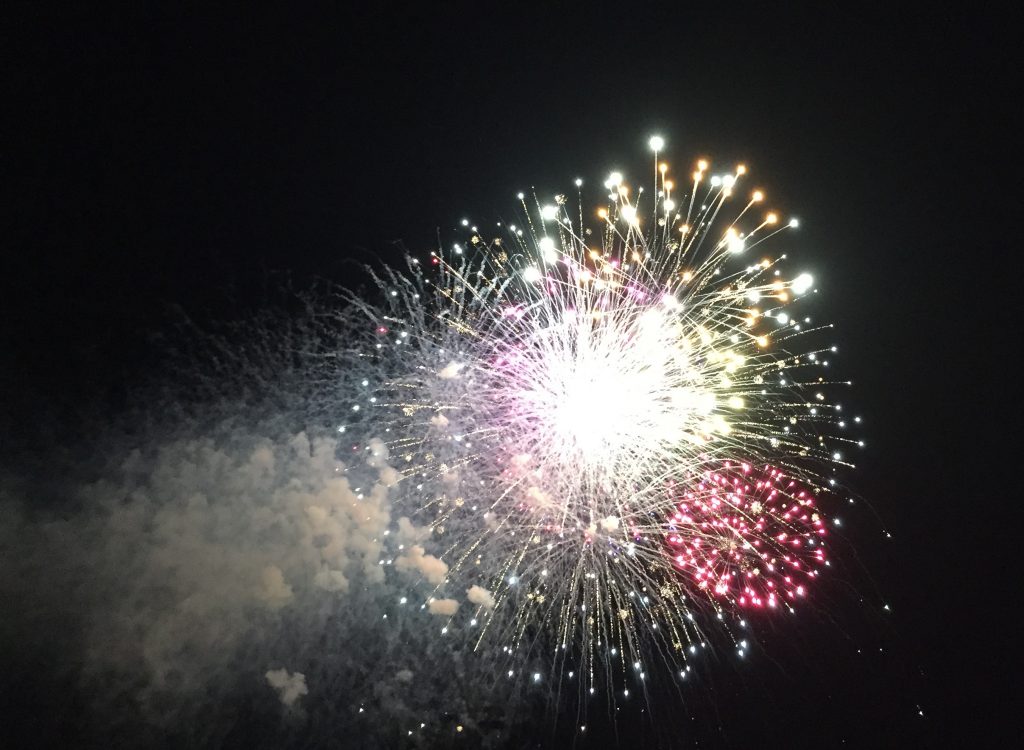by Bill Carroll
As the Fourth of July approaches, many of us give thanks for this country and the freedoms we love. We are rightly grateful for the gift of liberty, even as we are mindful how fragile and imperfectly realized it is. On Independence Day, we recommit ourselves to God’s dream of freedom for our country—and for all people, everywhere.
Who would not be moved by the Declaration of Independence we celebrate? Who does not long for all people to enjoy life, liberty, and the pursuit of happiness? Who does not want all people to share in the good things of life and the ability to provide for ourselves, our families, and our neighbors with dignity?
Thomas Jefferson, who wrote the Declaration, certainly had his moral failings. In theory, he envisioned a world of a broad-based freedom and equality. But Jefferson was also a slaveholder, and there can never be an excuse to enslave our fellow human beings. For the founders, “all men” too often meant only white, male property holders. As Martin Luther King once said, although the founding documents of America provide an ideal that motivates our struggles for justice, too often they’ve been like a bad check, returned and marked “non-sufficient funds.” At our best, Americans are dedicated to freedoms unprecedented in human history. But, at our worst, we are the land of human slavery, lynchings, and the Trail of Tears.
As Christians living in America today, we ought to be inspired by the highest ideals of this country. But we are also citizens of the City where Jesus reigns from the Cross as King. This latter (and primary) loyalty causes us to remember those who are oppressed, forgotten, or left behind, even when that’s not popular or convenient. As followers of Jesus, we must live in solidarity with these brothers and sisters (and all people of goodwill) as we struggle together for justice and the common good. In our Baptismal Covenant, we promise to “strive for justice and peace among all people, and respect the dignity of every human being.” (BCP, p. 305) We are called to follow Jesus, who shows God’s love to everyone he meets.
Too often, in this country, we view freedom as the ability to do whatever we want. True freedom, however, is the freedom to give ourselves fully to God and each other. The true torch of liberty is the Holy Spirit, the love of God burning in our hearts. The Spirit cleanses our hearts and makes them new—turning us back to each other and back to God. The Spirit inspires us to love our neighbors (all of them) more deeply. The Spirit opens our hearts to each other, so we can see more clearly who counts as our neighbors. The Spirit gives us courage to risk everything for our neighbors.
We are most free when we bear each other’s burdens and help God set ALL people free. We are most free when we seek and serve Christ in all people, and especially in “the least of these,” who are members of his family. (Matthew 25:40)
Living for others is true freedom.
That’s what freedom is FOR.
The Rev. Canon Bill Carroll serves as Canon for Clergy Transitions and Congregational Life in the Diocese of Oklahoma. He has served as a parish priest in Oklahoma, as a parish priest and college chaplain in Southern Ohio, and as a member of a seminary faculty. In 2005, he earned his Ph.D. in Christian theology from the University of Chicago Divinity School.

